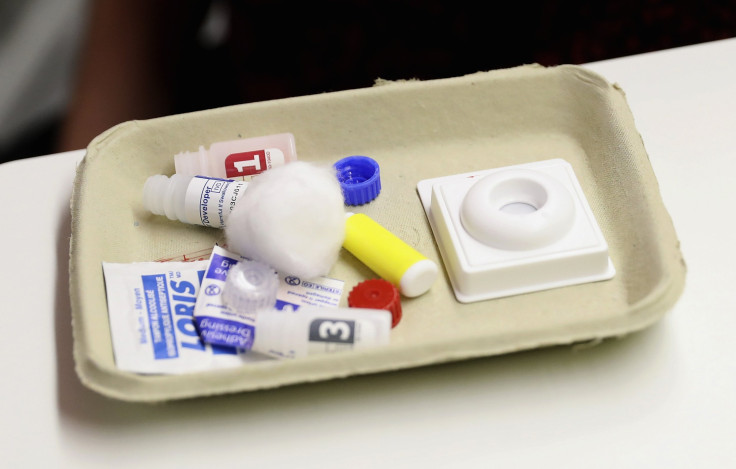Scientists May Have Just Found A Potential HIV Cure

Scientists have made groundbreaking strides in the quest to cure HIV by utilizing a complex gene-editing technology known as Crispr. Researchers at Temple University and Pittsburgh University successfully extracted most of the disease from mice, according to a study published Wednesday in the journal Molecular Therapy.
"Here, we demonstrate the feasibility and efficiency of excising the HIV-1 provirus in three different animal models," the researchers wrote, noting that it was a "significant step toward human clinical trials."
Read: Researchers Make Successful Strides In HIV Vaccination
The mice were given some human immune cells before having the virus successfully removed from parts of the spleen, lungs, heart colon and brain with a single injection of the gene-editing protein.
Currently, drugs can prevent HIV from replicating itself and thereby stop the disease's progression, but the drugs must be taken continuously in order for them to remain effective. By successfully utilizing gene-editing technology, scientists might be able to eliminate the root of the virus once and for all.
The technology is not without potential complications, as early animal experiments that yield positive results often falter later in the process.
More than 1.2 million people in the U.S. live with HIV, according to the Centers for Disease Control and Prevention, though the annual number of new HIV diagnoses declined 19 percent from 2005 to 2014. There is still no cure for the virus, but scientists have made enormous progress in research and treatment since officially discovering it in 1983.
Read: Increased Opioid Use Could Lead To Increases In HIV Infection
Other researchers have made progress in creating a vaccination to guard against HIV. Researchers at the University of Nebraska genetically engineered an on-off switch in a weakened form of the virus, paving the way for a potential safe and effective vaccination, according to a study published in March in the journal ACS Synthetic Biology.
Though promising, the vaccination technology was also only in its first stages. The next step for the University of Nebraska team would be to evaluate the treatment's effectiveness in small animals.
"That's the big milestone," Qinsheng Li, professor of biological sciences and member of the Nebraska Center for Virology, said in a March press release. "If that works well, we need to go to the pre-clinical animal model before going to a clinical trial. That's our goal and road map."

© Copyright IBTimes 2024. All rights reserved.






















